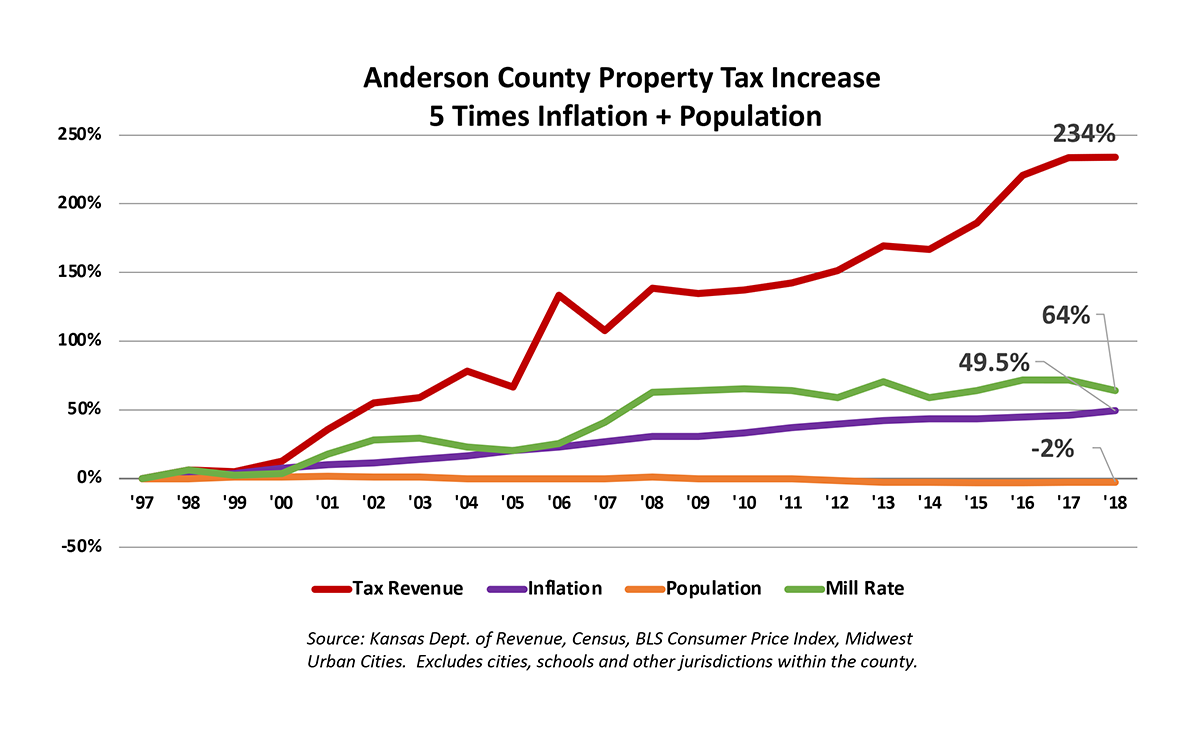“Today we’ve have heard about ways to give kids more choice and what we have received back would be all kinds of excuses and reasons why kids should not have that choice but (school) systems should have all the determining choices.” – Rep. Kristey Williams, Chair, House K-12 Budget Committee

Twenty-eight states have open enrollment laws that allow students to attend a public school outside of their home district, subject to there being capacity available in the receiving district. But even that tiny amount of choice is too much for education officials in Kansas. To them, the needs of students and parents are always subservient to the desires of the adults running the system.
The Kansas State Board of Education, the Kansas Association of School Boards, local school board members, a superintendent, the KNEA teacher union, and PTA board members testified yesterday in opposition to HB 2553, which would take Kansas from voluntary (the school district has control) to mandatory open enrollment. Their common objection was simply one of turf – they have control now and that’s the way it should be.
Staunch opposition from education officials stood in stark contrast to one proponent, Madi Ashour, who told the committee that she wouldn’t be there to advocate for students if not for open enrollment in Colorado. Ashour flew in from Colorado to tell legislators that she would have been trapped in the district where her parents could afford to live if not for open enrollment. Now, because the opportunity to attend another district got her a better education, she’s able to help others. Ashour is a Senior Regional Advocacy Associate for ExcelinEd.
No choice for the most needs parents and students
Education officials and their allies also opposed HB 2550 yesterday – education savings account legislation that would allow parents of low-income children (eligible for free or reduced lunch) or those receiving at-risk services to take some of their state funding to a school that provides better educational opportunities.
They offered the usual laundry list of objections – it’s not fair to the system, school officials want more funding and money-follow-the-child proposals aren’t in their financial interests, money shouldn’t go to religious schools (even though a growing list of U.S. Supreme Court opinions demonstrate that that is discrimination), yadayadyada.
State Treasurer Lynn Rogers, whose office would administer ESAs, rattled off a litany of excuses while obscuring his real objection – he opposes anything that disrupts the public school monopoly. It was then-school board member Lynn Rogers who in 2017 had non-compete deed restrictions placed on buildings sold by the Wichita school district.
A paragraph in the contract to sell a vacant school says the property cannot be used or operated “as a school for grades K-12 if any source of funding for the school’s operations at any time derives from public funds (tax dollars) or if donors to the school qualify for the receipt of tax credits for such donations.”
Rogers, in a moment of honesty that stands in stark contrast to his testimony yesterday, said, “I don’t think we want to use our tax dollars and basically help someone else start a school that would compete against us,”
Just leave under-educated kids trapped in underperforming schools
Proponents of both bills cited a large volume of data and research explaining the need for educational choice and how it benefits all students, including:
- A quarter of public school students in Kansas were below grade level in 2016; now, a third are below grade level.
- There are more high school kids below grade level in Kansas than are on track for college and career. Only 21% of Kansas graduates who took the 2021 ACT test are considered college-ready in English, Reading, Math, and Science.
- Reading proficiency has declined in Kansas, but states with robust choice programs are showing strong gains.
- 25 of 28 academic studies find statistically significant positive results of choice programs.
Kansas Policy Insitute is a proponent of both pieces of legislation and owns The Sentinel.
Education officials and their allies didn’t take issue with these facts, nor did they offer any assurance that achievement would soon improve (but they did get in several plugs for more money).
It’s only a matter of when parents get more choice, not if
The arguments for and against choice this week were about the same as in prior years, but there was a noticeable change in legislators’ reactions.
Many more legislators challenged education officials to defend their positions and they took strong positions in favor of choice. Others who opposed choice in the past seemed more open to hearing how students stand to benefit.
There was a time when it was believed choice would never come to Kansas. That changed in 2014 with the tax credit scholarship program, which has been expanded several times. Now the atmosphere feels like it’s only a matter of time when more choice comes to Kansas, and the more that parents tell legislators what they want, the faster that time will come.


